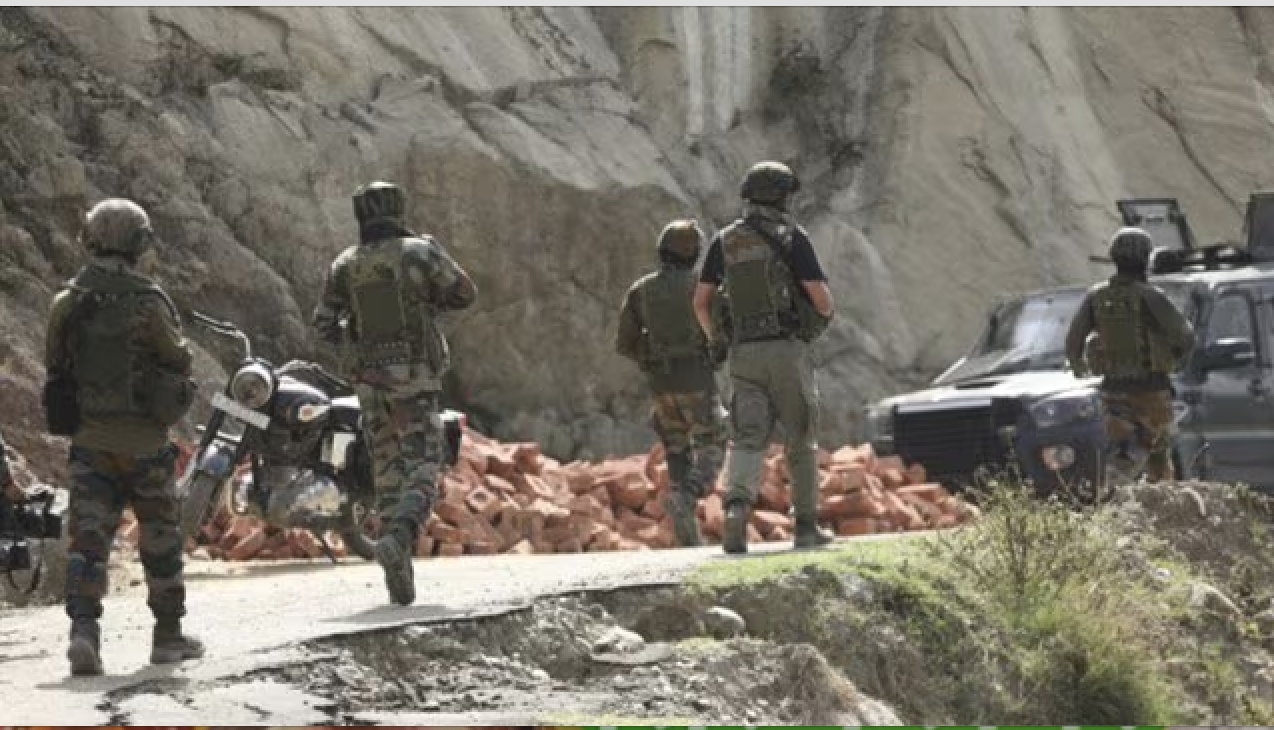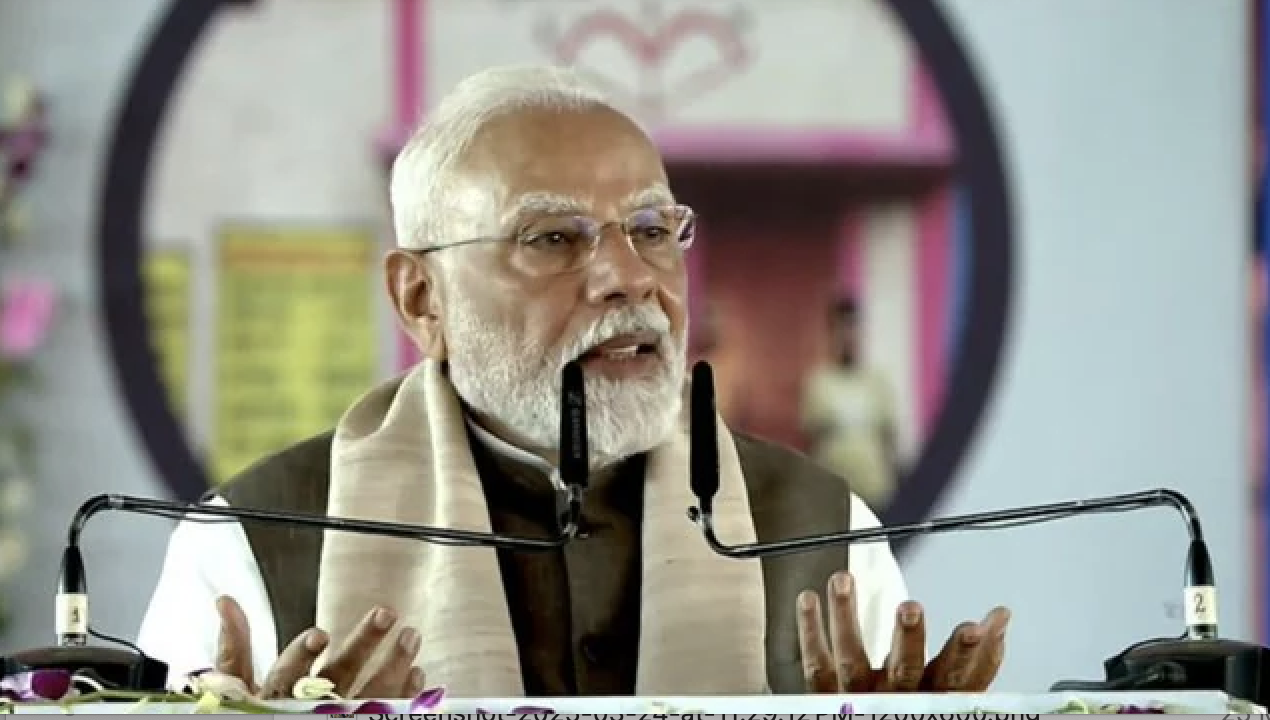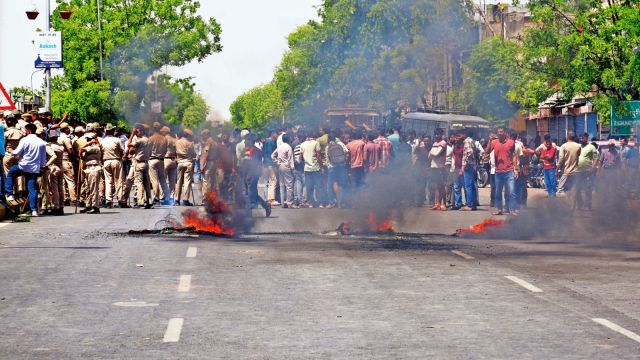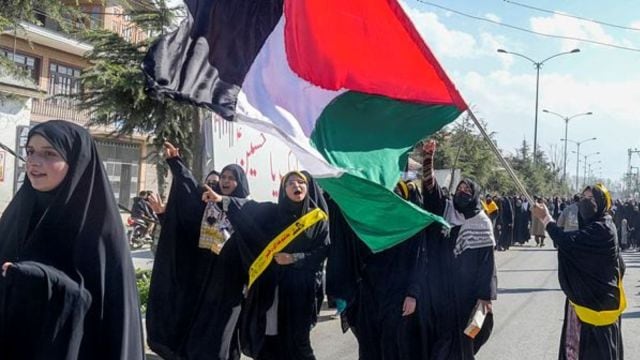
In yet another example of our unwavering commitment to helping our fellow Indians in distress, the Assam team of Citizens for Justice and Peace (CJP) spent nearly a year looking for the family of Sona Khatun, who has been languishing behind bars in Assam’s Kokrajhar detention camp for five years.
Assam state team in-charge Nanda Ghosh, who had been leading the search, says, “We found out about her last year when we were helping other detainees get released amidst the Covid pandemic. But it was difficult to locate her family as she was arrested by the border police in Kamrup, but did not have any family there.”
Ghosh elaborates, “She had left home early in life after marrying a man her family did not approve of. But her husband left her and she took up a job as a domestic help and worked in Guwahati. We tried to find her family or some information in Guwahati and in the wider Kamrup district. But we couldn’t find anyone.”
Every day of each week, a formidable team of community volunteers, district volunteer motivators and lawyers—CJP’s Team Assam – is providing ready at hand paralegal guidance, counselling and actual legal aid to hundreds of individuals and families paralysed by the citizenship-driven humanitarian crisis in the state. Our boots on the ground approach has ensured that 12,00,000 persons filled their forms to enlist in the NRC (2017-2019) and over the past one year alone we have helped release 41 persons from Assam’s dreaded detention camps. Our intrepid team provides paralegal assistance to, on an average of 72-96 families each month. Our district-level, legal team works on 25 Foreigner Tribunal cases month on month. This ground level data ensures informed interventions by CJP in our Constitutional Courts, the Guwahati High Court and the Supreme Court. Such work is possible because of you, individuals all over India, who believe in this work. Our maxim, Equal Rights for All. #HelpCJPHelpAssam. Donate NOW!
Our team spreads out
We then expanded our search radius, moving from one village to another, from one district to another. “Our search lasted almost a year and spanned five districts: Kamrup, Goalpara, Barpeta, Dhubri and Mankachar – South Salamra. When we went to get Amala Das released from the Kokrajhar detention camp in May this year, the jailor helped us by passing on information from Sona Khatun that Ainul Moulubi, the cleric of a mosque located somewhere in Dhubri or South Salmara would be able to help locate Sona Khatun’s brothers,” says Nanda Ghosh.
“On July 14, we finally located her brothers through Ainul Moulubi,” says Ghosh who was joined in this search by District Volunteer Motivator Habibul Bepari and Ashikul Ali.
Explaining how tedious it was to find and reach Moulubi’s home located in a remote area at the border of Dhubri and Mankachar – South Salmara districts, Habibul Bepari says, “On July 14, Nanda Ghosh, Ashikul Ali and I left early in the morning and first travelled to Mankachar – South Salmara district. From there we reached Harukhunda village that is located along the border with Dhubri district.” But the journey was far from over.
“We spoke to some locals who directed us to Moulubi’s house in an even more remote part of the village located on the banks of the Brahmaputra. Now, this place lies in Jaleswar circle which falls under Fakirganj police jurisdiction of Dhubri district,” says Bepari highlighting how confusing inter-district borders are in this riverine region. “On the way to his house, local people helped us immensely, guiding us as the roads are so complicated that we had to stop and ask for directions at every chowk,” says Bepari.
Ainul Moulubi turned out to be quite knowledgeable and directed a young boy, a student of 7th standard, to help take us to the house of Sona Khatun’s brothers Sultan Ali and Sadek Ali.
Finding Sona Khatun’s brothers
Together this group now started the next leg of their journey, this time on foot to Choto Nichinpur village located on the banks of the Brahmaputra, in a region devoid of any roads.
Finally, we met Sultan Ali and Sadek Ali, both daily wage workers living hand-to-mouth, unable to take even one day off from work due to their meagre earnings.
“After she got married and moved away, she would keep in touch sporadically. But after she was arrested and sent to the detention camp, we got scared. We couldn’t help our sister because we feared the police would also drag us into the case,” says Sultan Ali, showcasing how much the fear of being declared foreigner affects even family ties in Assam. “I hope you can help her,” he pleaded with our team.
Our team examined the family’s documents and discovered that both brother’s names had been included in the final National Register of Citizens (NRC) published in 2019. We also discovered that Sona’s father’s name had been included in the 1951 NRC.
Finding a bailor
After discussing the procedure for Sona Khatun’s release with Sultan and Sadek Ali, we went to find a bailor for their sister with them. No doubt finding a bailor is a difficult task, but in Sona Khatun’s case it is harder, as to visit any house in this remote part of Assam, one can only walk in the absence of any means of transport or even roads! Bepari says, “We walked through paddy fields, inundated with rain water. Sometimes through jute plantations while dodging poisonous insects that cause painful rashes with just one bite!” After walking almost 6 kms, we found one person who agreed to be her bailor.






